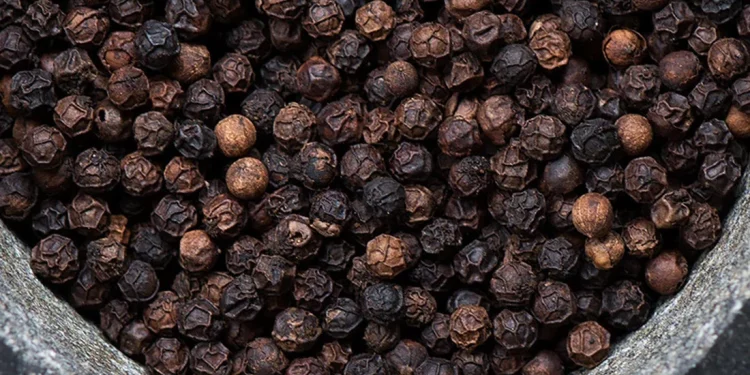: Piper nigrum, commonly known as black pepper, is one of the most widely used spices in the world. This article delves into the history, cultivation, and benefits of black pepper, and its impact on the global spice industry.
According to the latest data from the Food and Agriculture Organization of the United Nations, black pepper is cultivated in over 25 countries, with Vietnam being the largest producer, followed by India and Brazil. The demand for black pepper continues to rise, with global exports reaching a value of over $3 billion in 2020.
Black pepper is not just a popular spice, but it also has numerous health benefits. It contains a compound called piperine, which has been found to have anti-inflammatory and antioxidant properties, as well as aiding in digestion and improving brain function.
However, the cultivation of black pepper can be challenging, as it requires specific growing conditions, including a warm and humid climate, well-draining soil, and frequent watering. Furthermore, pests and diseases can pose a significant threat to the crop, requiring careful management and monitoring.
In conclusion, black pepper is an essential spice with a rich history and numerous health benefits. Its global demand continues to grow, presenting opportunities and challenges for farmers, agronomists, and the spice industry as a whole.
#BlackPepper #Spices #Agriculture #Farmers #Agronomists #FoodIndustry












